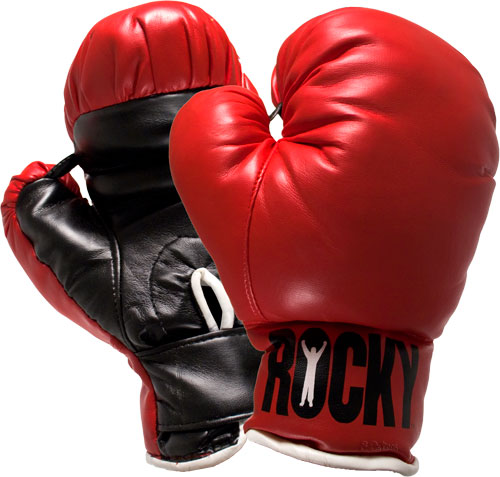Top US bioethicists clash
Ezechiel Emanuel criticised by Arthur Caplan
 Back in August, the American Society for Bioethics and Humanities (ASBH) took the unusual step of publicly denouncing the media for unfair attacks upon bioethicists. Opponents of Obamacare were incensed about so-called "death panels" and accused some bioethicists, including President Obama’s chief health care advisor, Ezechiel Emanuel, of wanting to introduce euthanasia. Portraying the work of these thoughtful people as an attempt to hasten the deaths of patients was "a heinous form of intellectual violence" and contemptible dishonesty. This inflammatory rhetoric not only defamed individuals, but also "denigrate[d] bioethics as a profession," the ASBH said.
Back in August, the American Society for Bioethics and Humanities (ASBH) took the unusual step of publicly denouncing the media for unfair attacks upon bioethicists. Opponents of Obamacare were incensed about so-called "death panels" and accused some bioethicists, including President Obama’s chief health care advisor, Ezechiel Emanuel, of wanting to introduce euthanasia. Portraying the work of these thoughtful people as an attempt to hasten the deaths of patients was "a heinous form of intellectual violence" and contemptible dishonesty. This inflammatory rhetoric not only defamed individuals, but also "denigrate[d] bioethics as a profession," the ASBH said.
Dr Emanuel is still in the crosshairs of critics of the President’s proposals. Earlier this month the head of the Southern Baptist Convention Ethics & Religious Liberty Commission had to apologise for bestowing an imaginary "Dr Josef Mengele Award" upon him in a rabble-rousing speech.
But the most recent attack on Dr Emanuel, who is also the head of bioethics at the National Institutes of Health and the brother of President Obama’s chief of staff, came not from the right-wingers, the tabloid press or the internet wackos, but from a leading bioethicist colleague.
The trigger was an address given by Dr Emanuel to the annual conference of the ASBH. He argued that bioethics needs more statistics and more empirical verification. Without a solid grounding in quantitative methods, bioethicists simply aren’t much good. There should be less public discussion and more number-crunching. And, he implied, it is number-crunching bioethicists who will be getting government funding.
America’s best-known bioethicist, Arthur Caplan, of the University of Pennsylvania, was so irritated by the address that he almost immediately posted an open reply. He says that a bioethicist must be a "moral diagnostician". "A crucial part of the bioethicist’s role is to alert, engage and help to illuminate ethical problems and challenges both old and new in the health and life sciences." Empirical data are just one tool in the bioethical toolbox.
Emanuel’s address has not been published on the internet yet. But the dispute provides more ammunition for those who believe that the field of bioethics is in crisis. When the most quoted US bioethicst says that the philosophy of the most powerful US bioethicist is "narrow, misguided and wrong", what are laymen to think? ~ Women’s Bioethics Blog, Oct 22
Michael Cook
- Queensland legalises ‘assisted dying’ - September 19, 2021
- Is abortion a global public health emergency? - April 11, 2021
- Dutch doctors cleared to euthanise dementia patients who have advance directives - November 22, 2020
